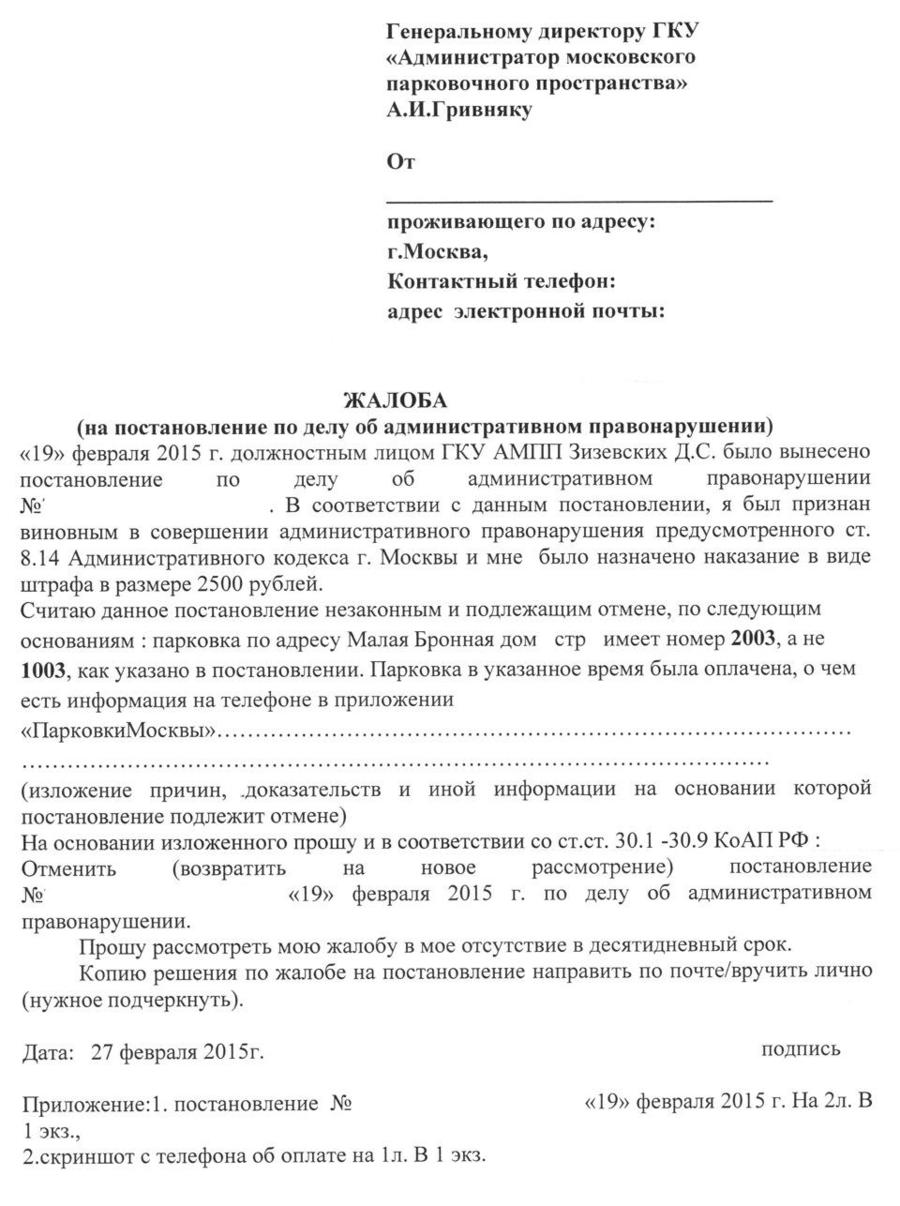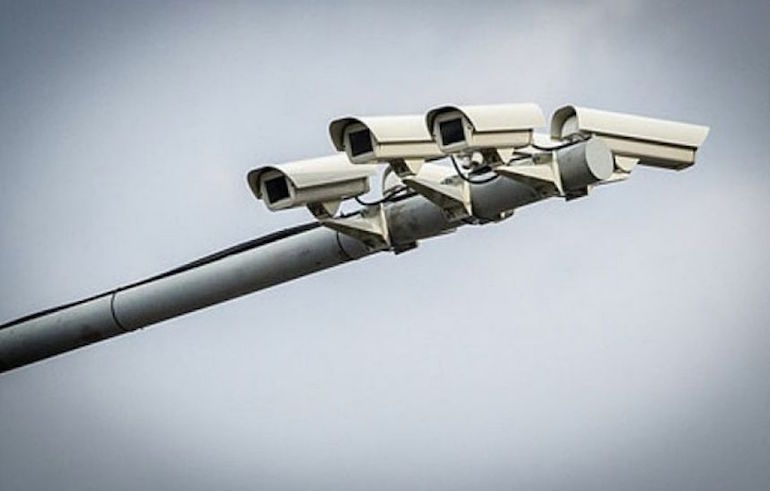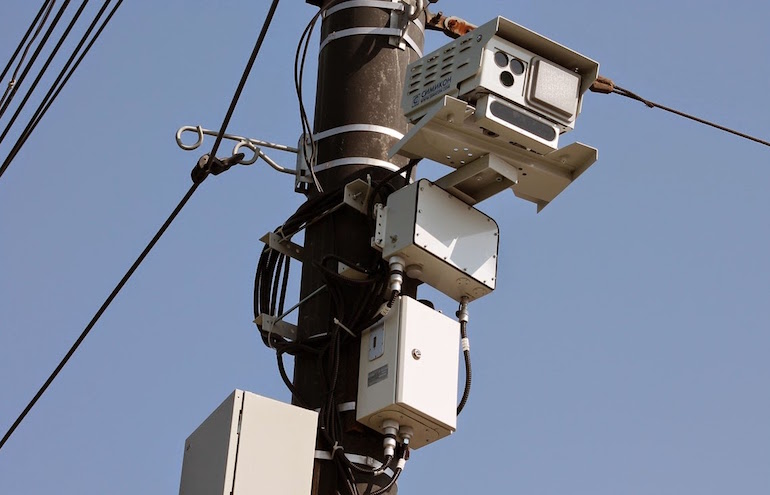
How to challenge the traffic police fine from the camera for speeding?
Since the introduction of the system of automatic video and photo recording of traffic violations, it has undergone numerous modifications. Modern systems are capable of monitoring speed violations, marking violations, traffic violations at regulated intersections or parking violations.
Modern cameras that detect traffic violations are a complex of numerous devices that include modern radars that can monitor several objects simultaneously in real time, a modern digital camera that can recognize license plates and detect violations up to an unfastened seat belt.
How are traffic violations recorded from video cameras?
Modern cameras are able to capture the following traffic violations:
- Movement on a dedicated lane of urban transport;
- Exceeding the maximum permitted speed on this section of the road;
- Driving in the opposite lane;
- Violations of the rules for crossing an regulated intersection;
- Violation of parking rules;
- Operating a vehicle with seat belts not fastened;
- And other violations.
After automatic fixation, the camera sends to the central server a fragment of a frame-by-frame recording of the moment of violation. Then, license plates are recognized and compared with the owner of the car according to the general databases of the traffic police.

Further work is done manually. All received information is transferred in printed form to inspectors, who are obliged to double-check the correctness of recognition of license plates, and manually double-check all recorded materials that have not passed automatic verification. If the inspector finds photographs where it is impossible to read the numbers, or the number is identified incorrectly, or there is a fact of accidental operation of the system, then these materials are disposed of after the act of writing off the materials is issued.
When can I challenge a fine from a video recording camera?
It is worth noting that high modern fines for traffic violations push people to often challenge issued receipts. But each contestation of the violation must be justified and with full confidence that the fine was issued unlawfully. Otherwise, payment of legal fees will only increase the level of expenses, and will not save the family budget. As the long-term practice of applying to the court shows, it is possible to challenge the decisions recorded by the automatic system if:
- If the central server incorrectly recognized the license plates and the fine was issued to another driver;
- If the photo does not allow you to visually confirm the license plate;
- If the radars of the automatic system have recorded a vehicle speed that exceeds the technical capabilities of the vehicle;
- If the place where the shooting was made is not included in the zone of this restriction;
- A fine cannot be issued to the owner of the car, if at the time of the offense, he was not driving. Therefore, one can refer to Article 2.6.2 of the Code of Administrative Offenses, which says that the owner is exempted from paying a fine if the fact of his absence at the wheel is proved.
- If the camera that was used to record the traffic violation does not have the appropriate certificate for fixing this type of violation. The Vodi.su portal draws your attention to the fact that not all cameras can record any violation. For example, fixing the use of a car without fastened seat belts, or recognizing the switched off daytime running lights.
- If the owner has received several fines for the same violation.
How do I appeal a speeding ticket?
It has been repeatedly proven empirically that the issued fines for violating the speed limit during automatic video recording can be canceled in court, only in case of obvious errors in the provided images. One of the most common mistakes is the incorrect recognition of the state number, or a failure in which the number is recognized from another car. Also, you can look for other inconsistencies, or use the list provided above.
Therefore, in other cases, it is difficult to prove the fact that the driver did not exceed the speed limit.

How and where to appeal the traffic police fine from the camera?
In the event that the owner of the car does not agree with the received receipt and evidence, he has 10 days to appeal. At the same time, each letter is sent only with confirmation of its receipt. Therefore, the countdown of 10 days starts from the moment the letter is received.
During this time, the car owner must have time to prepare documents confirming the incorrectness of the data in the evidence provided, or documents confirming the fact that the car was driven by another driver.
This evidence may be:
- Insurance contract indicating third parties entitled to drive a car;
- Power of attorney to manage a third party;
- Car rental agreement;
- Written testimonies of witnesses;
- The official documentation of the car, which confirms the fact that the vehicle cannot move at the specified speed.
Then a complaint is prepared, which sets out the reasoned facts, to challenge the issued fine. In which all the documents provided are indicated, and a detailed description of what exactly you do not agree with.

In the event that the driver does not have the opportunity to be present at the court session, then in the complaint, you can leave a request for consideration without personal presence. At the same time, the car owner has the right to independently choose the method of resolving the dispute. That is, you can contact the head of the traffic police, or the higher department of the traffic police, for a pre-trial resolution of the issue, or go to court. Also, every citizen has the right to apply to the court of appeal if he does not agree with the decision of the district court.
Loading…